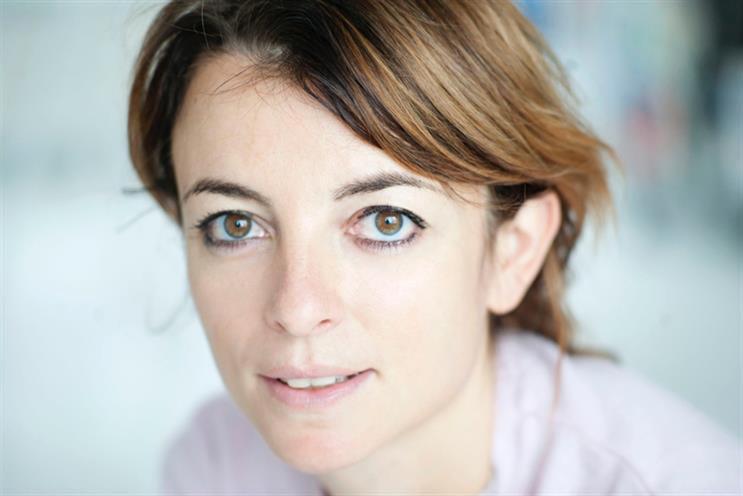As Paris fashion week came to a close it was announced that brands must label all ads if the image has been retouched, notably the body shape. This is a massive step forward in the industry, where model sizes have been dropping and in the last few big campaigns from brands including American Apparel and YSL have been criticised for using dangerously thin girls.
Teens in particular are very confused about what is real and what isn't
Psychologists have claimed that our confidence drops by 80 per cent after reading a magazine, as the images draw attention to our own inadequacies. The long term effects are alarming - 4 out 5 teens think they are fat and 9 out of 10 hate at least one think about themselves, according to research from the Dove self-esteem project. Even more alarmingly anorexia, self-harming and depression are on the rise.
In France models now also have to have a certificate from their doctor to prove that their body weight is safe before they walk a runway. While certain French labels have committed to banning size zero models altogether.
But is this all too little, too late?
We live in an appearance obsessed world. From the moment we wake up, we are bombarded with edited instagram selfies online, to the miniscule mannequins we see in shop windows to the endless conversations about diets at the water cooler. Perfection is key, with face enhancers and cosmetic surgery on the rise. Cultural references to this cult of perfection is everywhere, such as shows like Next Top Model that focus on figure and looks, rather than talents and skills.
Teens in particular are very confused about what is real and what isn't, so the new ad ban will demystify this, but what about the rest of the media they consume? If celebrities such as Kim Kardashian are literally altering themselves, online or in the flesh, will the labels on ads actually cut through?
For the problem is a lot deeper than skin and hair. Women and girls are still judged predominantly by their exterior. It starts when they are little, with comments such as 'isn't she pretty', then continues later with reinforced gender stereotypes. Boys get toys to train the brain such as lego and girls have dollies to primp and preen. Even dolls have grown skinnier and more sexualised. It carries on at university with girls opting less for degrees in science, and then in adult life with top executive jobs denied to women, or mums forced to choose between careers and motherhood. In fact these adjusted ads are just a symptom of a society that views women as an object first, a person second.
Should the debate be about photoshopping or should it be about changing the conversation within women's advertising?
There is backlash, and actresses for example such as Jennifer Lawrence have spoken out about the unfairness of Hollywood salaries, or role models like Michelle Obama who campaign for girl empowerment. Yet still too much of a woman's day is focussed on looking good. Each day demands an hour on mirror time and for teens, over an hour is also spent on trying the capture the perfect selfies.
It is a state of play which should create a pause for thought and sparks the question should the debate be about photoshopping or should it be about changing the conversation about advertising to women as a whole ? Should content be actually be about our passions, abilities, our inner beauty, rather than external? Perhaps that might even be a more effective way of selling products to us? Perhaps the front cover of Vogue should no longer be a beauty queen, but an inventor or scientist instead? Why are we even talking about the size of women's clothes, when we should be discussing what the women wearing them are doing with their lives?
It is high time for a shift in perceptions and ad bans are part of it, but tv producers, brand directors, artists, writers and stars all need to join the bandwagon if we are to cure our endemic crisis of low self-esteem.
Elizabeth Kesses is a writer and self-esteem champion.


